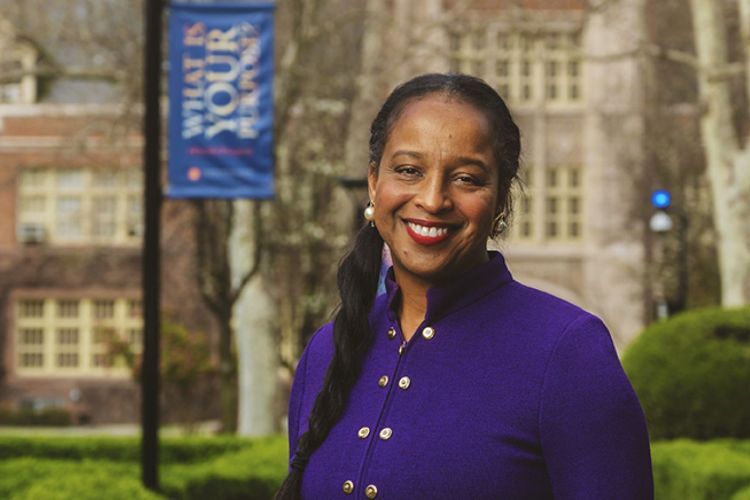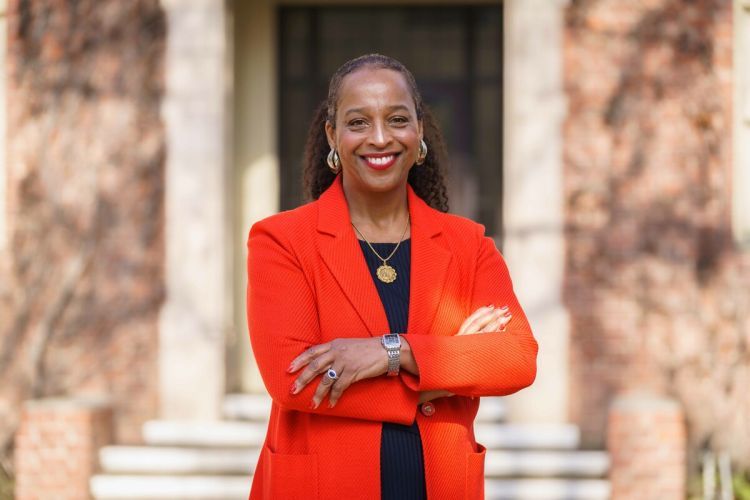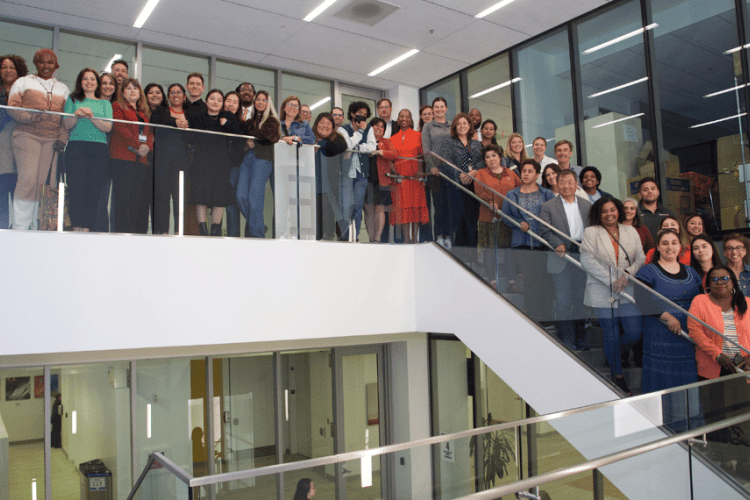Breadcrumb
Dr. Martin Luther King Jr.’s sacred work a guide for DEI initiatives

Mary Wardell-Ghirarduzzi is Pacific's inaugural vice president for diversity, equity and inclusion.
In 1963, Dr. Martin Luther King Jr. released his third book “Why We Can’t Wait,” which captures how activism by African Americans from the spring and summer of that year accelerated social change.
“Why We Can’t Wait” was written at the conclusion of key national events that exposed deep racial injustice and vast economic inequality to help wake many Americans from slumber.
“Human beings with all their faults and strengths constitute the mechanism of a social movement,” he wrote. “They must make mistakes and learn from them, make more mistakes, and learn anew. They must taste defeat as well as success and discover how to live with each. Time and action are the teachers.”
Dr. King’s words from almost six decades ago remain powerful as the university community commits to the transformational principles of diversity, equity and inclusion.
I am often asked exactly what DEI is and how that work is done. And how did I become a diversity officer?
My answer is simple yet complex. I tell folks that I have graduate studies in social justice education that equipped and prepared me for this work. I share how professional and personal experiences in schools and in the workplace have informed and shaped my viewpoint as a Black woman—providing me acute insight into social inequalities and structural biases. All that leads to an urgency to make things better.
Dr. King masterfully taught us to think about DEI work as sacred in organizations through his humanizing frameworks:
- He taught us to put the needs of those who had less and who exist at the margins of society at the center of our policy efforts.
- He called us to be kinder to one another, and consider the needs, hopes, and desires of others, as we do our own.
- He inspired us to a collective vision for a better nation; one that would earnestly reconcile ourselves with the darkness of our past so we could courageously live into the light of our highest and truest selves.
These ideals are the foundation of Dr. King’s message to America, and are relevant today.
DEI work helps us bridge our divides to transform communities.
DEI work demonstrates a care and concern for others by holding one another’s full humanity.
DEI work urges essential conversations on racial equity and economic justice that can help and heal our communities, and in so doing, help and heal ourselves.
Advocating for human rights and a more equitable and inclusive America, Dr. King would release his final book, “Where Do We Go from Here,” just months before his assassination.
He secluded himself for weeks to outline his plan for the future of America with a warning: “We are now faced with the fact that tomorrow is today. We are confronted with the fierce urgency of now. In this unfolding conundrum of life and history there is such a thing as being too late. Procrastination is still the thief of time. Life often leaves us standing bare, naked, and dejected with a lost opportunity … This may well be mankind’s last chance to choose between chaos or community.”
Although our attention on this day is often drawn to the more renowned historic moments of Dr. King, such as the March on Washington for Jobs and Freedom or his “I Have a Dream” speech, his inspiring and prescriptive frameworks help us continue to reconcile our most historic—and now contemporary—challenges.
As I’ve carefully analyzed Dr. King’s words and deeds, I’ve discovered love was the strongest tool and centerpiece in his revolutionary work, and he taught us to leverage this in our struggle for equality and freedom.
On this national holiday, it is essential for us to re-commit ourselves to discover, rediscover, and learn from the masterful DEI teacher himself on how to build an inclusive society and a better world.
Mary J. Wardell-Ghirarduzzi is Pacific's inaugural Vice President for Diversity, Equity, and Inclusion, Chief Diversity Officer and Professor of Communication at University of the Pacific




